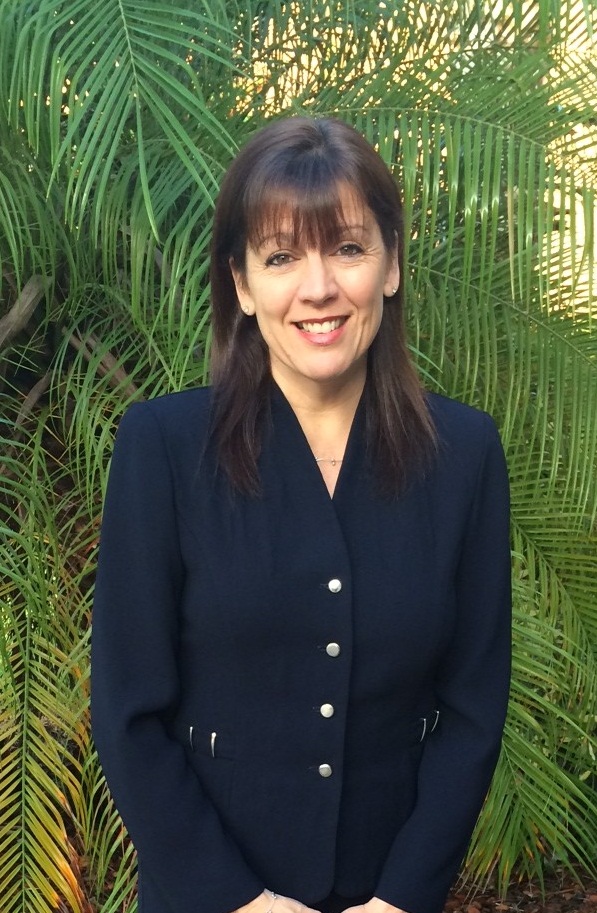Lisa Valencia is the project manager for the Autonomous Flight Termination System, AFTS, in the Engineering Directorate at NASA’s Kennedy Space Center in Florida. The AFTS is an independent launch vehicle subsystem designed for range safety operations.
The system autonomously makes flight termination decisions using redundant computers that track the launch vehicle using Global Positioning System and Inertial Navigation System, along with configurable software-based rules. If a rocket goes off course, potentially endangering the public, the AFTS would issue a command to terminate the flight.
Valencia has worked on the AFTS since 2014, though NASA has been involved in the system with the U.S. Air Force for more than 17 years. Valencia coordinated the formal test program of the updated AFTS flight software in partnership with the U.S. Air Force, the Defense Advanced Research Projects Agency, or DARPA, Kennedy’s Engineering Services Contract and ENSCO Inc., an engineering company with local offices.
“I am very proud to be part of the amazing team that took AFTS from concept through operations,” said Valencia. “The different government agencies, along with our support contractors, work extremely well together.”
After formal testing was completed, the AFTS flight software, called Core Autonomous Safety Software, or CASS, was approved for operational use by the Eastern and Western Launch Ranges. A NASA commercial partner integrated the software in their AFTS and worked closely with the ranges for qualification and certification of their system. Following 13 flights in shadow mode, the commercial partner successfully launched its rocket using the AFTS operationally for three launches this year.
“AFTS is now the baseline for one of our commercial partners going forward, saving that company millions of dollars per year over the traditional, ground-based, human-in-the-loop, range safety system” Valencia said.
Valencia earned a bachelor’s degree in electrical engineering in 1990 from Stevens Institute of Technology in Hoboken, New Jersey. She completed her graduate studies at The Johns Hopkins University in Baltimore, Maryland, in 1993, earning a Master of Science in electrical engineering.
Valencia was awarded NASA’s Exceptional Achievement Medal in 2004 and is the recipient of many group achievement awards from NASA. Her published works include an article on Autonomous Flight Termination System Reference Design Hardware in NASA Tech Briefs in 2016, and a paper titled “Space-Based Range Safety and Future Space Range Applications” in 2005.
Valencia also presented papers on space-based telemetry and range-safety flight demonstration and space-based communications during Space Congress in 2003 and 2004, respectively.
She is an avid participant in NASA education and outreach events, including volunteer work at local schools, in children’s ministry at her church, and at Nemours Children’s Hospital in Orlando.
Valencia’s hometown is Melbourne, Florida. She is married to Emilio Valencia, a systems engineer at Kennedy Space Center. They have two children, Elaina, a sophomore pre-med student at the University of Central Florida in Orlando, and Emily, a junior at Covenant Christian School in Palm Bay, Florida.
Her parents are Patricia Potenza and Jack Potenza, of Coconut Creek, Florida.
-end-
Amber Philman
Kennedy Space Center, Fla.
321-867-2468
amber.n.philman@nasa.gov



























